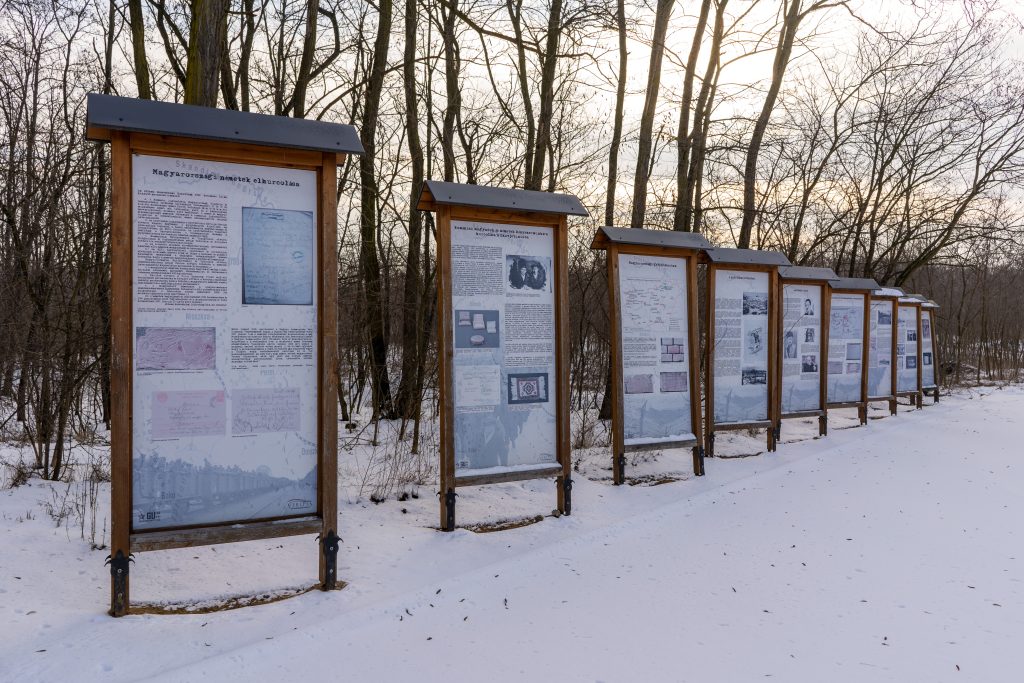Public welfare & tourism
"And the poplar - a green bonfire - blazed into the sky in the wilderness: - and where there are no towers, no bells ring, great faith is proclaimed, shouting, in light, in storms: - Children, people, come hither! (…) This is how I wanted to be too, the poplar tree stuck into the sand: - the teacher, who bursts into light, the foliage of bright faith, a direction, sign and encouragement for those who come stumbling in furrows." (Mihály Váci)


Our country first private forestry open-air school is located in the heart of Nyírség, 15 km from Nyíregyháza, on the edge of the village of Napkor, in the forest of Harangod, from which the school got its name. The forest school offers study and relaxation all year round in a beautiful, tranquil environment, in a forest planted in a mosaic structure. As well as being an educational institution, the open-air school also provides a public good. It functions as a hunting lodge, and our aim is for it to serve as a forward-looking example of sustainable rural development in the region. Our certified Hungarian forestry open-air school has also been included in the Szabolcs-Szatmár-Bereg County depository.

In the framework of the 2015/16 Gulag Memorial Year, the exhibition titled “Magyarok a Szovjetunió táboraiban (1944-1956),” consisting of 26 panels, organized by Veritas, was recognized for its significance. Acknowledging its value, the exhibition is continuously presented as a permanent display. The natural environment near the Harangodi Forest School and the Kerekerdő Tourist Center provides a suitable location for this exhibition.



Experience the beauty of the natural environment, just a short drive from the city. Our facilities are easily accessible from the M3 motorway, on paved roads in picturesque surroundings.

As forest and wildlife managers, our most basic goal is to preserve and maintain natural assets in the long term. The assets that we take care of in the surrounding area include geological formations, special growing areas and plant communities, as well as ecologically significant habitats that support many protected plant and animal species. From these the marsh angelica (angelica palustris) stands out, which can be found in the Napkori-pasture (HUHN20042), which is nature conservation area of special importance.

Napkori Erdőgazdák Zrt. ©. All rights reserved. 2024





